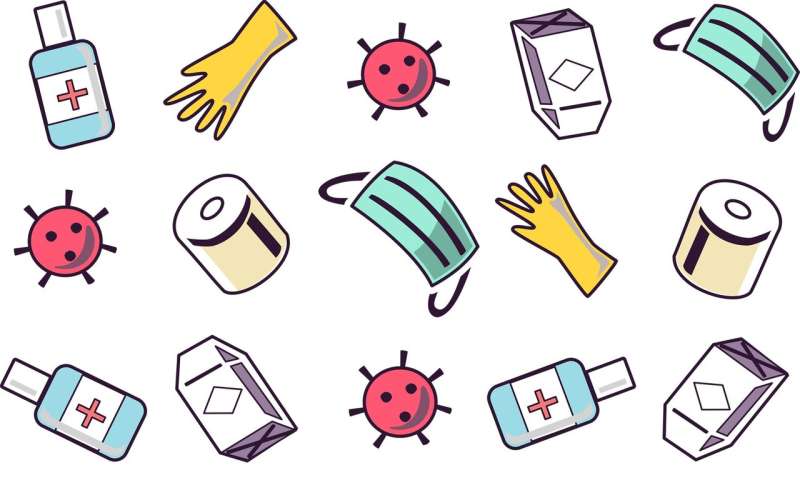
Drugmakers Sanofi and GSK said Wednesday they would set aside 200 million doses of a future coronavirus vaccine for a global initiative to ensure equitable distribution, including in poor countries.
There has been great concern about fair access to COVID-19 vaccines as rich countries have bought up billions of doses long before a jab has even been approved.
Several dozen vaccine candidates are in clinical trials and ten are in the most advanced “phase 3” stage involving tens of thousands of volunteers.
The French and British drug giants said they had signed a statement of intent with the Gavi alliance, which administers the Covax plan for fair vaccine distribution.
“Both companies intend to contribute to Covax’s ambition to ensure successful COVID-19 vaccines reach those in need, whoever they are and wherever they live, once they obtain appropriate approvals,” a statement said.
On Sunday, the World Health Organization warned against “vaccine nationalism” and underlined that global protection can only be attained with widespread vaccination.
More than 180 countries and economies have signed up to the Covax plan, which seeks to “equitably allocate and deliver” two billion doses of COVID-19 vaccines by the end of 2021.
Last month, Gavi said 200 million vaccine doses had been secured for delivery to poor countries.
It had also signed up with AstraZeneca for access to another 300 million doses of its candidate vaccine, but those would be made available to all participants in Covax, not just poorer countries.
“Gavi is seeking to secure doses of the most promising vaccine candidates—so that the 184 participants involved in the Covax Facility can make sure their most at-risk groups … have rapid access to doses of a safe and effective vaccine,” the initiative’s CEO Seth Berkley said.
“That is the world’s best chance to end the acute stage of this pandemic, and we encourage other vaccine manufacturers to work with us towards that shared global goal.”
Sanofi and GSK said they hope to start Phase 3 trials before the end of the year.
If successful, they plan to seek regulatory approval from the first half of 2021.
In the meantime, the companies said they are scaling up manufacturing of the vaccine’s antigen and adjuvant component parts.
Source: Read Full Article
